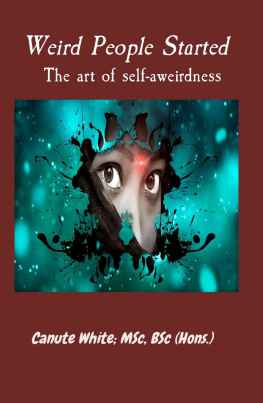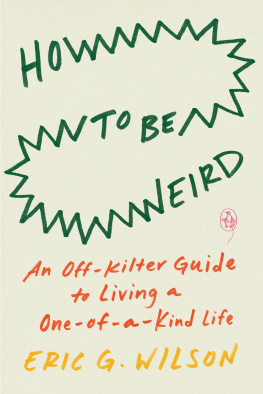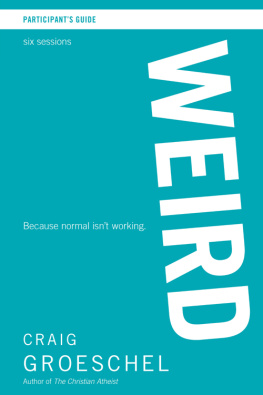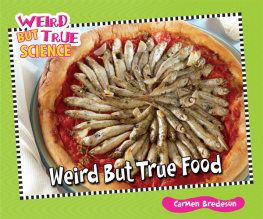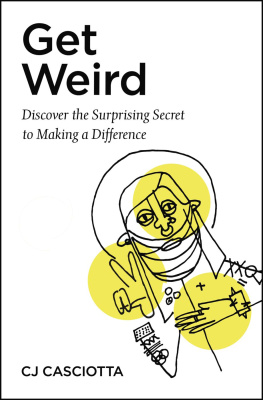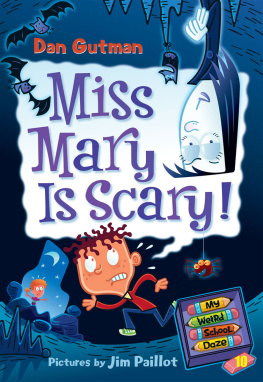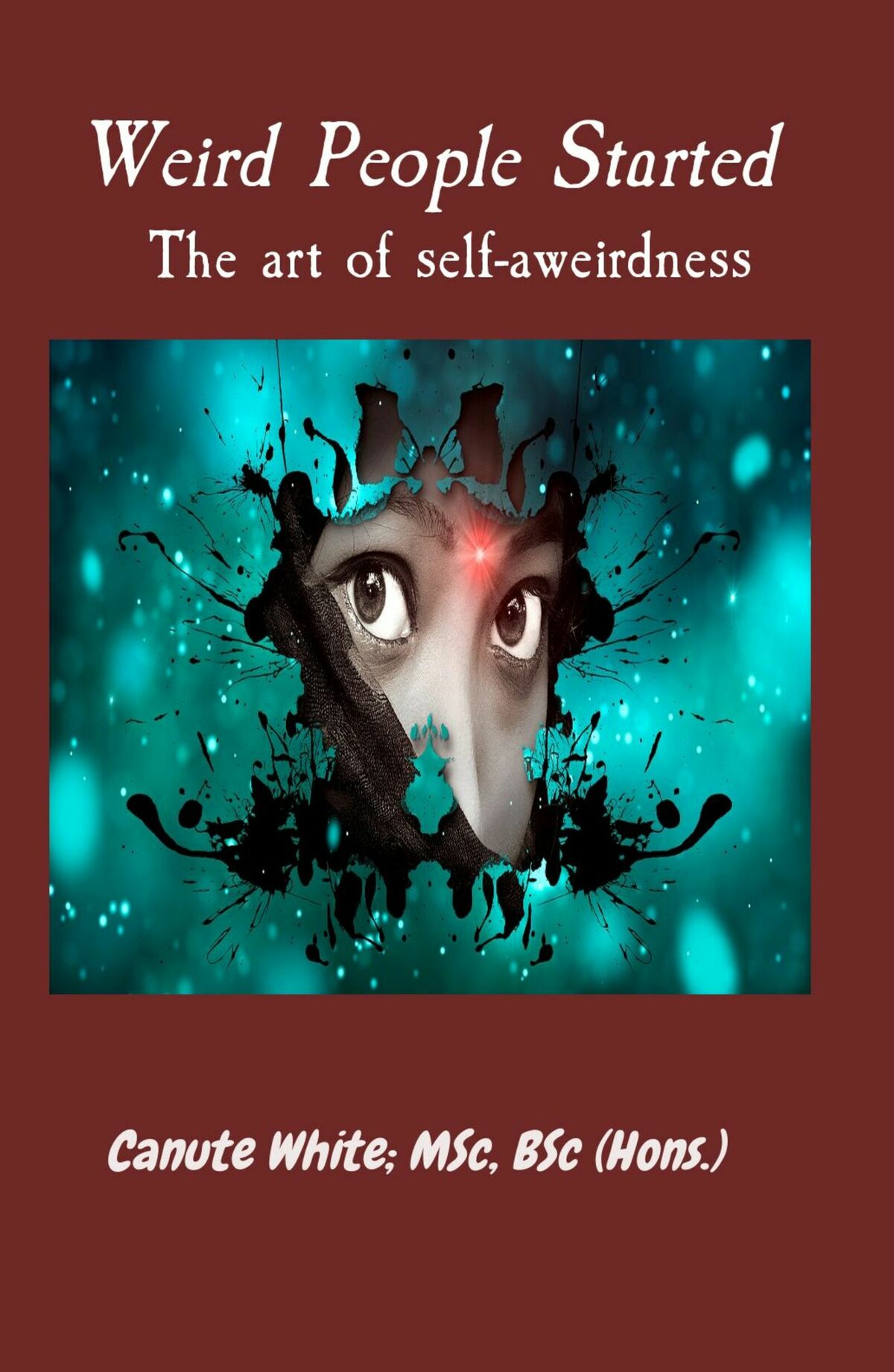
John Lockes Tabula Rasa The unblemished You. So, how did you become so?
One of the most fascinating concepts I have learned as a student of psychology was that "I was born as a clean slate. It didnt take long to understand what the concept had meant as I remembered using my first slate in kindergarten. A slate was like a mini blackboard, also called chalkboard, that teachers used in the classrooms. Many of these blackboards have become whiteboards for health reasons. Teachers would use white markers on the whiteboards and dusty chalks on the blackboards. If you were living with respiratory disease, then you would understand the challenge. However, the slate was a personal, portable blackboard that could have been kept in the book bag. It was usually the size of the composition book. The student would use slate pencils to write on the slate and water to erase its content.
The content of the slate was never permanent; however, there would have been smears after the student erased its content. To prevent smears, or to remove it from the slate, the student had to wash the slate thoroughly with water. A slate would have lasted a long time, but it was breakable. It was more like the tablet used by Moses during Bible days. It was interesting, that the particles of a broken slate could have been used to substitute for slate pencils. Therefore, the damaged slate was used as a tool to ensure the purpose of the usable slate. Like a new blackboard, a new slate was spotless and looked as never been used.
Were you like a new slate when you were born? The four goals of psychology are to describe, understand, predict, and control behavior (Mann, de Ridder, and Fujita, 2013). Therefore, psychology had the answer. Although he was a philosopher, John Locke (1832-1704), introduced the psychological concept called tabula rasa. John Locke suggested that when we were born, our minds were like blank slates; however, the minds become smeared through our exposure and experiences with the environment (Duschinsky, 2012). Like many other psychologists, John stipulates that our mind was formed and developed through our environmental experiences, shortly after birth. It is like an immaculately white garment becoming smeared with mud after exposure to a muddy environment. Lockes theory might have explained the nature vs. nurture concept that will be discussed later. Tabula rasa could also explain language acquisition theories in toddlers. So, you are who you are because of your environment? Now, you got a chance to blame others for being weird. Not so fast! Sociology and psychology are not absolute science because they will also prove that you are also be blamed. Psychology will use attribution theory and sociology will use identity theory.
Think about your connotation of a weird person. No doubt you have tried hard to exclude elements of your personality from your connotation or description of a weird person. John Locke implied that we were not born weird, but we become weird. What is being weird? Who is being weird? Many writers have tried to explained weirdness; therefore, expanding the denotation of being weird. Robert Fulghum in True Love, suggested that Were all a little weird. And life is a little weird. And when we find someone whose weirdness is compatible with ours, we join up with them and fall into mutually satisfying weirdnessand call it lovetrue love. Fulghum apparently believed that everyone is weird; hence, life is weird. Incidentally, he had implied that we were really attracted to the weirdness of others when we fall in love and called it true love. Impression management, another psychological theory, also suggested that we are more likely to like people who are like us in some ways (Bolino, 1999). Fulghums connotation of weirdness as applied to true love, in explaining being weird, may also be weird? Remember, he also believed that we are all a little weird.
Dick Francis To the Hilt , viewed weirdness in a different light from Fulghum. According to Francis, Some are born weird, some achieve it, others have weirdness thrust upon them. Therefore, Francis would not have completely supported Lockes theory of tabula rasa because he had suggested that some people were born weird. This could have been a loose talk by Francis, but it is a thought to ponder. If weirdness can be achieved, then it might be a learned behavior. If it is a learned behavior, then the environment could thrust it upon some of us, as also suggested by Francis. So, unlike Fulghum, Francis would have supported your blaming others for your weirdness.
Francis is trying to compromise with Locke by seeing weirdness as innate but also learned. In Alcatraz Versus the Shattered Lens , Brandon Sanderson stated that I am a Smedry, and we do ridiculous, unexpected, eccentric things like this all the time! Ha-ha!. For Sanderson, weirdness could be defined as foolishly strange and sudden behaviors. Sanderson also believed that we are all guilty of weird behaviors. Mandy Hale had accepted such truism of collective weirdness and wrote, So you're a little weird? Work it! A little different? OWN it! Better to be a nerd than one of the herds! Therefore, it is okay to be weird, so own your weirdness innate or learned.

